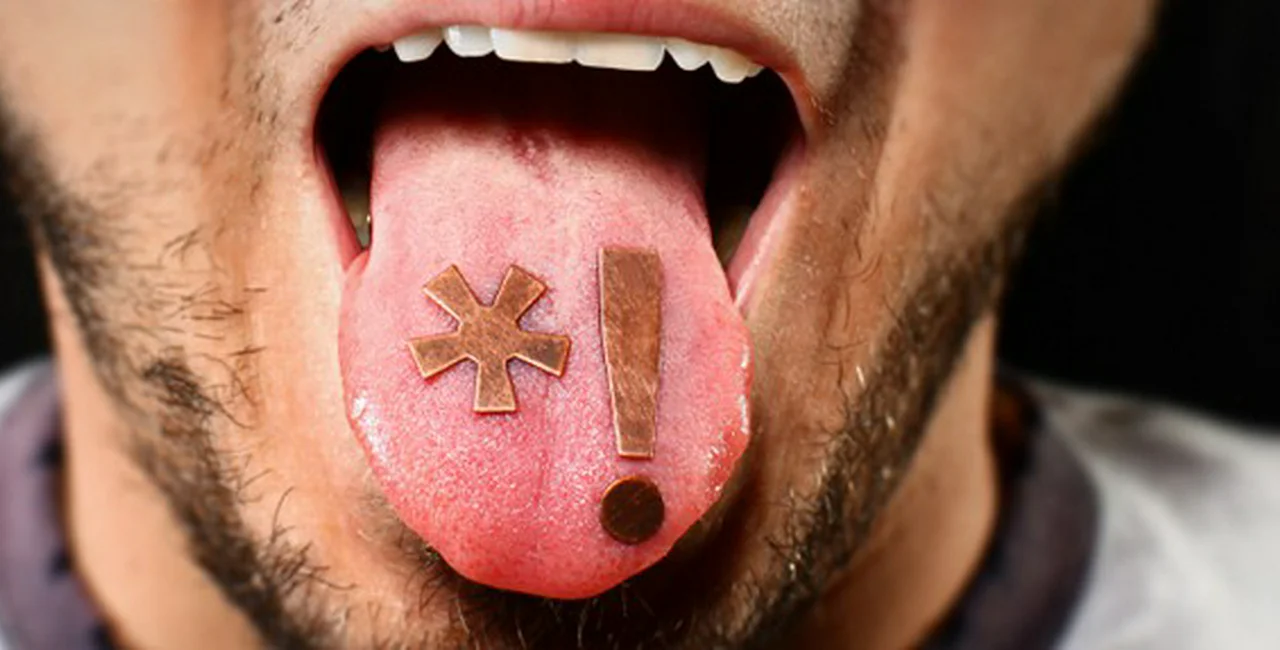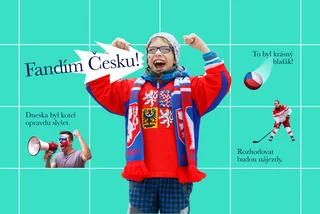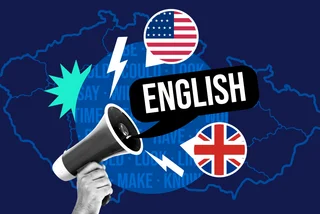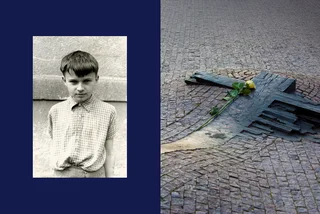Most of us – the vast majority, even – use swear words or curse words. From the view point of etiquette, it is enough to say “don’t use them.” But a more realistic approach would be to let you know what you can get away with, from time to time, and what you absolutely can’t.
Universally Offensive
PARTNER ARTICLE
Some things are offensive across cultures. Think of what is vulgar in English and you’ll usually find an equivalent in Czech. One difference is that the Czech equivalent of most English swear words is considered stronger in Czech. Having said that, you’ll still hear them used. And if you’re hoping for a list – you’ll just have to check out this link (note: some more common expressions are missing).
The Most Important Czech Expression
The word ‘bloody’ has been described as the great Australian adjective because Australians will often slip the word into sentences for emphasis, emotional impact – or whatever bloody reason. ‘Ty vole’ is in many ways the Czech equivalent.
Yes, I’m aware ‘ty vole’ doesn’t literally mean ‘bloody’ (It means ‘you ox’) and is more of an exclamation than an adjective. However, the way it’s used in conversation is somewhat similar to ‘bloody’, as many conversations between teenagers will attest.
Not So Innocent
Some expressions that might seem quite innocent to us can be more insulting in Czech. Take ‘goose’ for example. For most English speakers it’s an innocuous bit of name calling, something we might use for children. For Czechs, ‘husa’ is not taken mildly, even when translated into English. And while ‘cow’ is certainly insulting, ‘kráva’ is incredibly offensive. Other animal words with less innocent connotations are ‘kozy’ (the plural of female goat), which is slang for breasts, and ‘kanec’ (wild boar), which can also mean a sexually virile man.
Go to…the Woods?
You just have to be Czech to understand the sting of some exclamations. One example is ‘do háje’. Literally, it translates as ‘into the woods’. Yet, when most Czechs use it they are not talking about their plans for the weekend. An equally curious exclamation is ‘do Prčic’ (to Prčice). Why Prčice? One reason could be that it is the destination of an annual hike called Pochod Praha-Prčice. Whatever the reason, it seems this town, and the forest, are worse than hell.
The Other Way Around
I’ve heard it said by both Czech and expat friends and colleagues that, when speaking English, Czech people seem to swear a lot. Perhaps a more accurate way to look at this is that Czechs, like any non-native English speakers, are not fully aware of the appropriateness of strong language.
For this reason, you may hear Czech colleagues or students use profanities in unlikely circumstances. Of course, some of this could be put down to pushing barriers, except some students and colleagues seem surprised that a barrier existed in the first place, since profanities fill most films and are for sale on t-shirts.
However, the most inappropriate place I’ve heard of was a children’s fair where a profanity-laden English song was played over the PA for the kids. This might give the impression the country is a nation of sailors – when in fact, it’s more a case of not realizing any offense could be taken.
Is that a F****D!
In one instance, what to an English speaker may sound vulgar is in fact innocent. The word ‘fakt’, often used with the same sense as ‘really’ or ‘totally’, sounds awfully similar to the a popular expletive beginning with ‘f’.
What are your thoughts?
***
Other Dos and Don’ts in the Czech Republic:
– Introductions
– Public Behavior












 Reading time: 3 minutes
Reading time: 3 minutes 
























